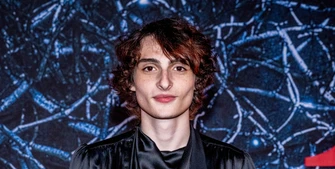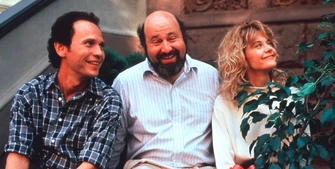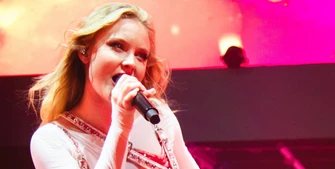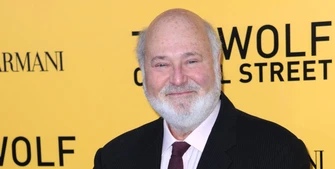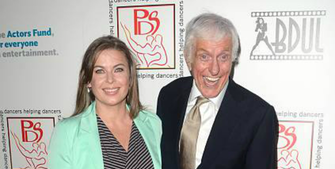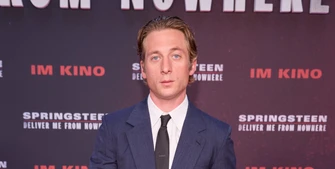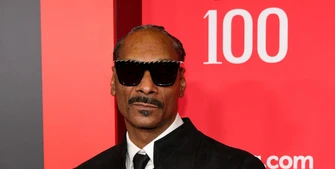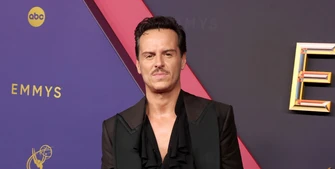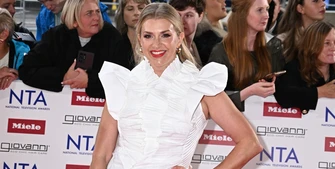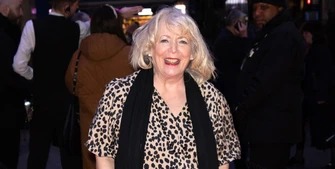Daniel Radcliffe urges adults to ‘trust trans children’ to tell them how they identify
After publicly speaking out against JK Rowling’s controversial comments on transgender rights issues, ‘Harry Potter’ actor Daniel Radcliffe has said he thinks adults must “trust trans children” to tell them how they identify so they don’t seem “condescending”.
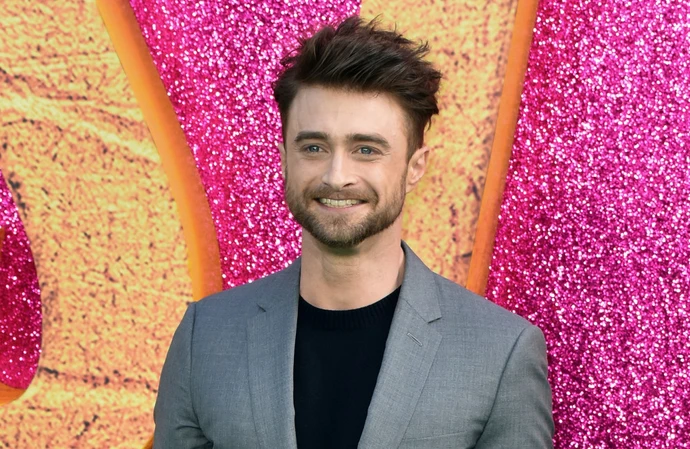
Daniel Radcliffe thinks adults must “trust trans children” to tell them how they identify so they don’t seem “condescending”.
The 33-year-old ‘Harry Potter’ actor – who has publicly spoken out against the wizard franchise creator JK Rowling’s controversial comments on transgender rights issues – made the comment to a group of trans and nonbinary children in a new series of talks for LGBTQ+ charity The Trevor Project.
He said during his roundtable, filmed for The Trevor Project’s new ‘Sharing Space’ series, and which has been posted on YouTube: “There are some people in the world who are not trying to engage in this conversation in any kind of good faith.
“I think a lot of the time it’s just because people don’t know a young trans person so there’s just this theoretical idea about this in their head.”
He added he believed people can “have a slightly condescending but well-meaning attitude of, ‘People are young’” around the concept of gender fluidity.
Daniel told the group of youths: “I would love to hear from all of you about why we can trust kids to tell us who they are.”
He was joined by 11-year-old trans girl Daley who explained: “I learned out of the cradle that I was a boy, ‘I should like blue, I should like sports, I should be manly, I should like superheroes’
“And I never associated myself with those things and we are told that we are not old enough to know this yet. I am only 11-years-old – ‘How do I know I’m a girl?’ And, ‘I need more time to think about this’... I don’t understand why I can’t just decide that I’m a girl.
“If it’s a big decision to decide I’m a girl, it’s a big decision to decide I’m a boy.”
Daniel remarked about the differences in their childhoods: “There are some people in the world who are not trying to engage in this conversation in any kind of good faith.
“I think a lot of the time it’s just because people don’t know a young trans person so there's just this theoretical idea about this in their head.”
Daniel wrote an open letter in 2020, also for The Trevor Project, apologising for the “pain” ‘Harry Potter’ writer JK’s comments may have caused fans.
He last year told IndieWire about why he felt compelled to write it: “I’ve met so many queer and trans kids and young people who had a huge amount of identification with Potter on that.
“And so seeing them hurt on that day I was like, I wanted them to know that not everybody in the franchise felt that way. And that was really important.”
JK, 57, doubled down on her trans comments in March when she was 14-years-old is too young for people to decide whether or not to change gender.
The writer – who has daughter Jessica, 27, with her first husband Jorge and who has been married since 2001 to doctor Neil Murry, with whom she has son David, 20, and 18-year-old daughter Mackenzie – has been flooded with hate messages and death threats since she first waded into the trans rights debate in 2019.
She told ‘The Witch Trials of JK Rowling’ podcast in March: “I don’t believe that even a 14-year-old can truly understand what the loss of their fertility is. “At 14 I would have said that I didn’t want children but (motherhood) has been the most joyful, wonderful thing in my life.
“I couldn’t have comprehended that and would have had no idea about what I was giving up… there will be a minority of people for whom this will be solution.
“But in the numbers, particularly of young people that we are currently seeing coming forward, I find cause for doubt and concern.”
The writer also branded the strength of trans activists an “instance of authoritarianism” and “the attitude of the fundamentalist”.

